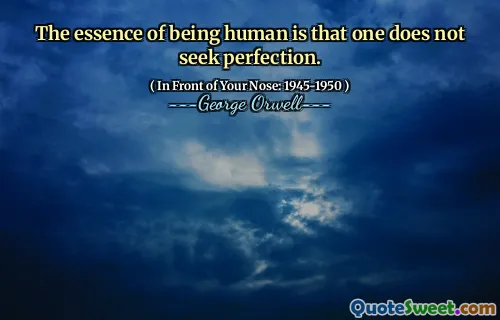
No one asks about the truth and non-truth. Should one not think 'why don't others accept it even when I am right?' It is because there is insistence and nagging behind that truth.
This quote by Dada Bhagwan delves into an interesting aspect of human nature and communication—how the perception and acceptance of truth often depend not just on the truth itself, but on how it is presented. It highlights a subtle but profound insight: even if one holds a valid truth, others may resist accepting it, not because the truth is flawed, but because of the attitude or method by which it is conveyed. The idea that "insistence and nagging" can obstruct acceptance encourages a reflection on the approach we take when trying to share our viewpoints.
In many interpersonal interactions, the focus tends to be on winning an argument or proving a point. This can lead to a forceful or repetitive presentation of one's 'rightness,' which ironically alienates the listeners rather than convinces them. Human beings are complex and emotionally driven; they often react not simply to the message, but to the tone, delivery, and underlying intent. When insistence crosses into nagging, it creates resistance and can overshadow the merit of the truth itself.
This quote inspires us to think deeply about humility and empathy when sharing insights, reminding us that the way a truth is shared might be just as important as its substance. It invites us to practice patience, understanding, and tactfulness, fostering an environment where truths are more readily received and absorbed. Importantly, it implicitly encourages self-reflection—not just questioning "why others don't accept me," but evaluating "how am I presenting my truth?" The wisdom encapsulated here goes beyond mere communication; it touches on the art of relating genuinely and respectfully with others.











